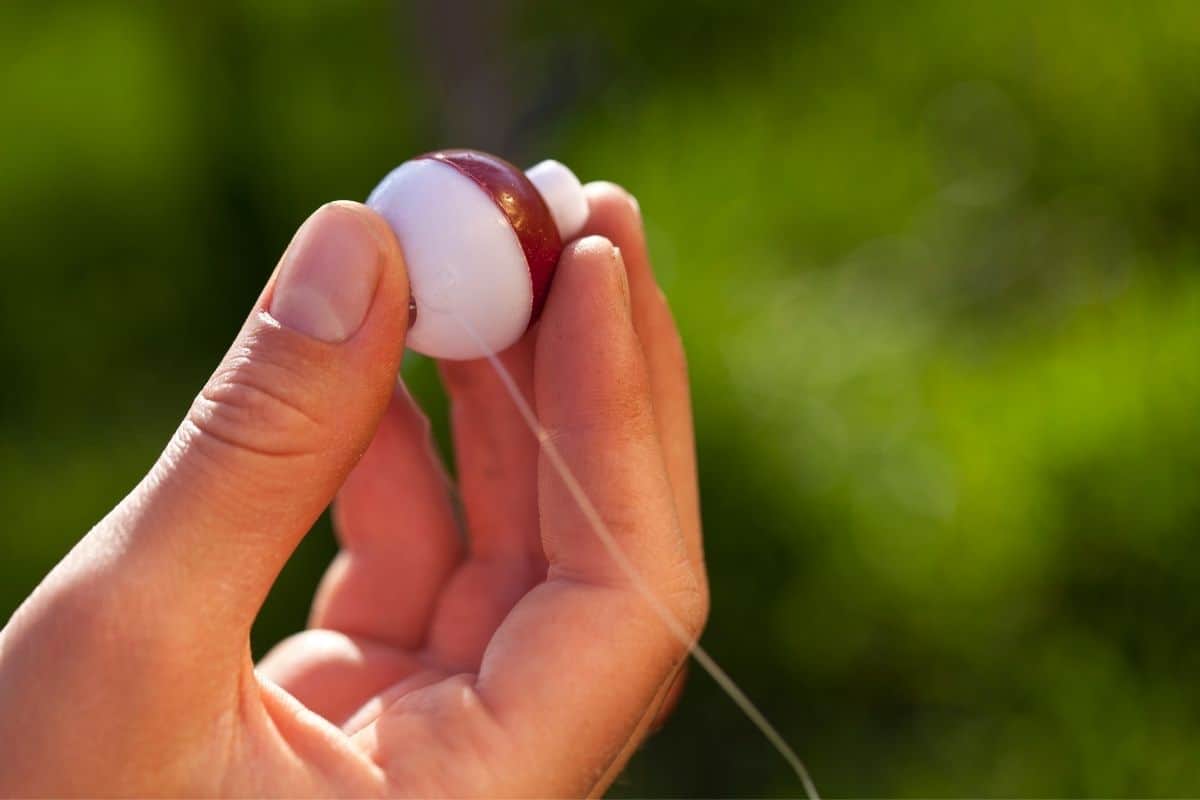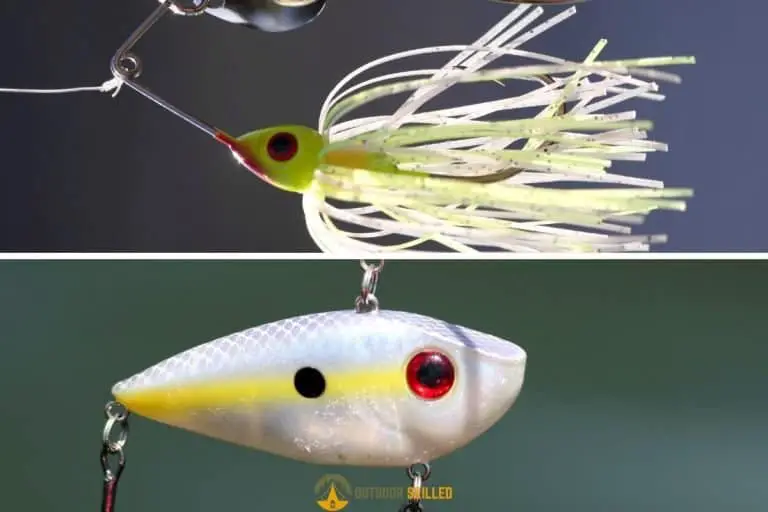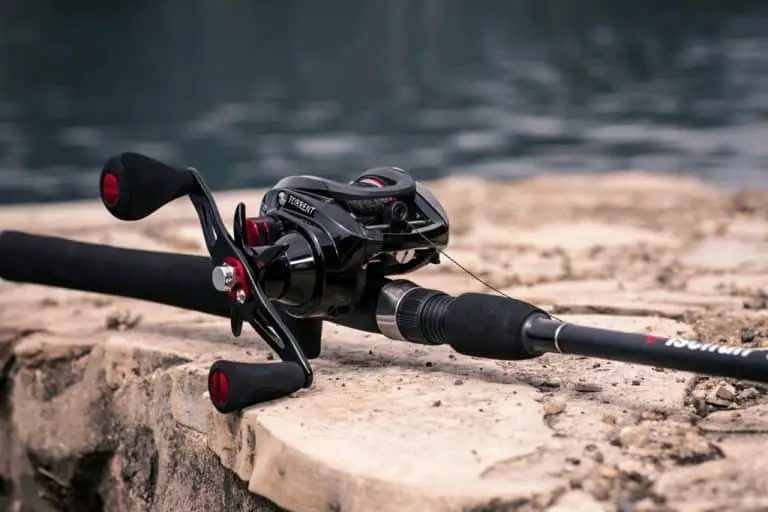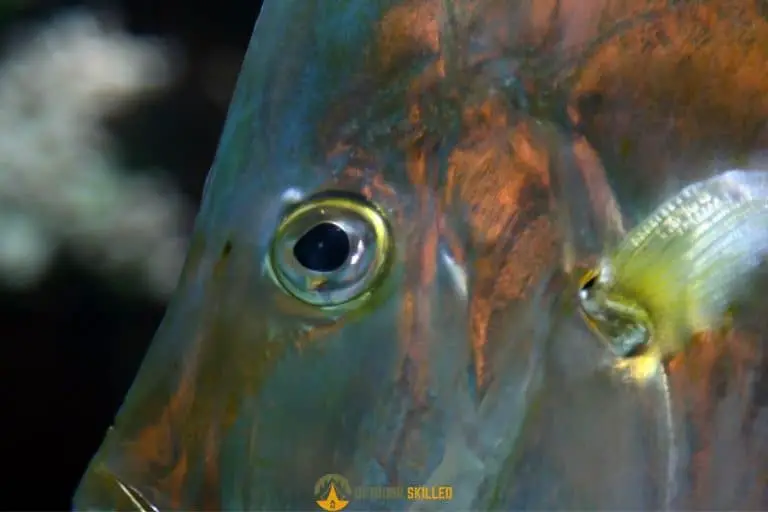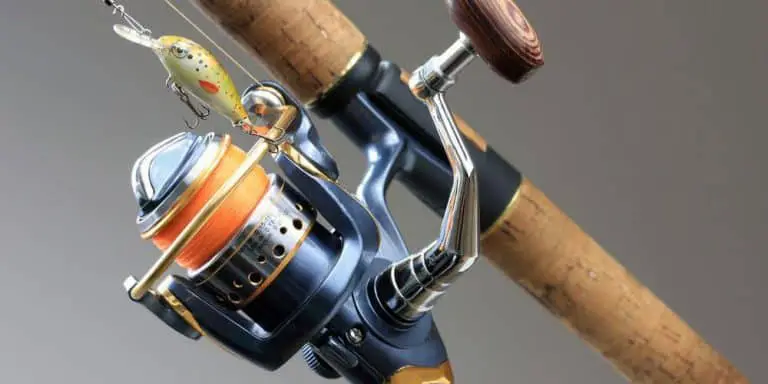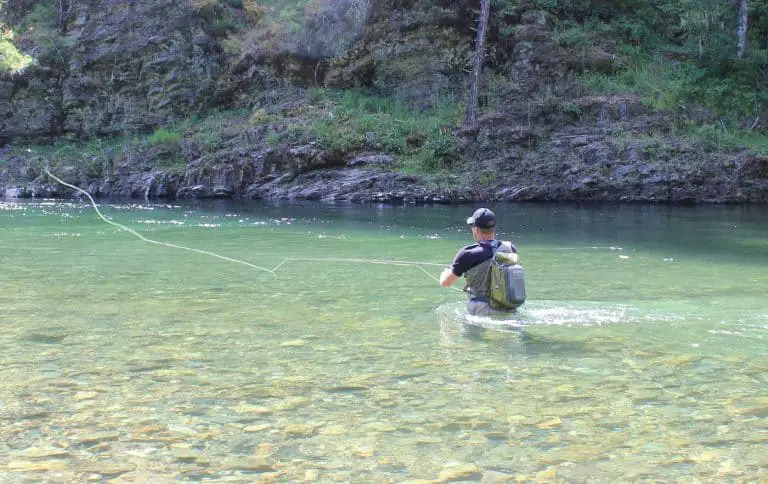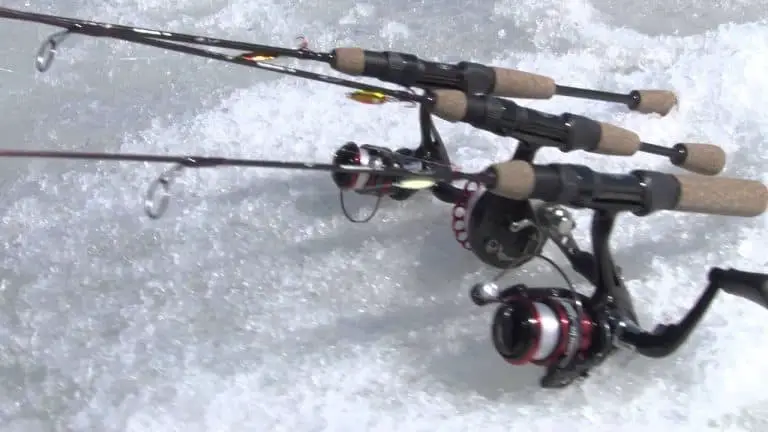Can You Use A Bobber For Saltwater Fishing? A Simple Guide
Bobbers are one of the most versatile fishing tools available as they come in various shapes, sizes, and colors. They have many benefits such as helping anglers to detect subtle bites and control the depth at which their bait is suspended in the water.
Because of their versatility and benefits, they’re used by many anglers to catch a wide variety of freshwater species from bass to bluegills.
However, some anglers often wonder if bobbers would be as effective when fishing in saltwater.
So, can you use a bobber for saltwater fishing? You can use a bobber for saltwater fishing. Bobbers will be just as effective in saltwater as they will help you detect subtle bites and control the depth at which their bait is suspended. There are also new bobber designs that are constructed from corrosion-resistant materials to increase their durability in saltwater.
Keep reading to learn more about bobber fishing and how to effectively rig a bobber for saltwater fishing.
Table of Contents
What Is Bobber Fishing?
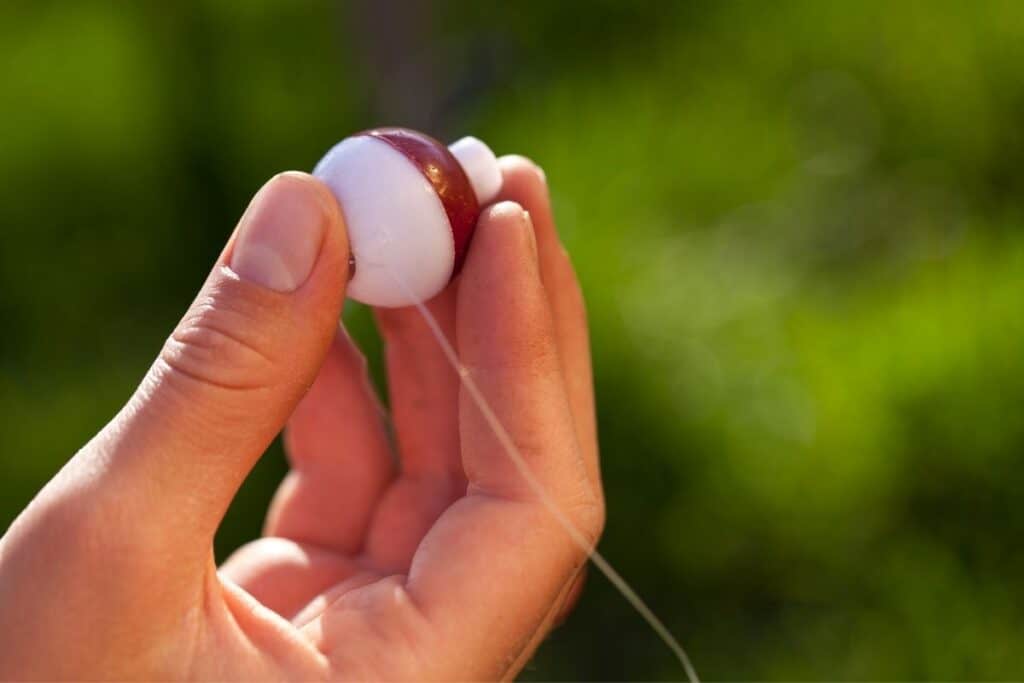
Bobber fishing is a technique where anglers use a bobber or a similar floating device to keep their hook suspended at a certain depth in the water.
As you change the length of the line between the bobber and the hook, you will be able to easily adjust the depth at which your hook is presented in the water.
Bobbers are also often used as strike indicators to detect subtle bites from fish.
There are two main types of bobbers that are commonly used among anglers which are fixed and slip.
Fixed bobbers are attached to your fishing line with spring-loaded hooks or pegs. They’re the most ideal if you will be fishing in shallow waters.
On the other hand, slip bobbers are more ideal if you will be fishing in deep waters. They are also ideal for casting for longer distances and for maneuvering your bait into tight spots.
How Do Bobbers Work?
When bobbers are rigged properly, the brightly colored upper half of the bobber will extend perpendicular to the water’s surface, while the lower half will remain submerged.
This position ensures the bobber drifts at the same speed as the current which will result in presenting the bait more naturally to the fish. It will also make the bobber more visible to the anglers.
How to Choose the Right Bobber Size?
When using a bobber, you need to choose an appropriate size that will allow it to float above the bait without being fully submerged.
Choosing the bobber size usually depends on the weight of your fishing line as well as the weight of the fishing you’re targeting.
Keep in mind that using a bobber with a heavy line when targeting a large fish won’t be very effective because the bobber will sink without suspending your bait. The bobber should be light enough so that the fish you’re targeting can easily pull it under without facing too much resistance.
You can learn more about choosing the right bobber in my post on do bobbers scare fish here.
Why Do Anglers Use Bobbers for Saltwater Fishing?
Bobbers are highly useful for saltwater anglers as they serve a variety of purposes.
They can be used to let anglers know when a fish bites as they give an indication of bites that are too subtle to detect.
They allow the anglers to control the depth at which their bait is suspended. They can also keep the bait suspended safely over debris, wood, and vegetation without getting the hook snagged.
They help improve casting accuracy and allow anglers to cast for further distances.
How to Rig a Saltwater Bobber?
Learning how to attach bobbers properly to your fishing line is very important as it can impact its effectiveness.
Generally, it’s recommended to attach the bobber at around 24 – 36 inches from the hook, however, it can also usually depend on the water depth and where the fish will likely be suspended.
Let’s break down how to rig both kinds of bobbers.
Fixed Bobber Rig
Attach the fixed bobber to your fishing line by threading the line through the rubber rings at the bottom and the top of the bobber.
After threading the line through the rings, you need to push them onto the bobber to fix its position on the line. You can adjust the bobber’s position on the line by moving it up and down slowly.
Tie a hook to your line and add some split shot weights above the hook to prevent the bobber from sliding down onto the hook. You can also add a swivel between the bobber and the hook to prevent line twists.
After baiting the hook you’ll be ready to cast your fixed bobber rig wherever your target fish are feeding.
Slip Bobber Rig
Tie a bobber stop to your fishing line then thread a plastic bead onto your line to prevent the bobber stopper from getting stuck
Attach the slip bobber to the line just below the bead.
Tie a hook to your line and add some split shot weights above the hook to prevent the bobber from sliding down onto the hook. You can also add a swivel between the bobber and the hook to prevent line twists.
After baiting the hook you’ll be ready to cast your slip bobber rig wherever your target fish are feeding.
Do You Need to Use a Bobber Stop?
Bobber stoppers allow you to control the depth at which you fish better as they prevent the bobber from sliding further up your fishing line. They’re highly essential, especially when using slip bobbers.
There are two kinds of bobber stops which are string bobber stops or bead bobber stops.
String bobber stops are basically short pieces of string tied around a hollow tube. You need to insert your fishing line into the tube, slide off the string, then pull it tight on your line.
Bead bobber stops, on the other hand, consist of a short wire loop, with a bead and rubber stop threaded onto the wire. You need to thread your line through the wire loop, slide the rubber stop and bead onto your line, then thread it through the bobber.
What Fish Can You Catch Using a Bobber?
There are many fish species you can catch with a bobber such as small trout, bluegills, yellow perch, small bass, suckers, and bullheads.
Bobbers will allow you to suspend the bait at the bottom where these fish species are feeding and also help you detect their bites.
Some other fish species like striped bass, catfish, carp, and northern pike are less likely to be caught using a bobber. That is because these bigger gamefish often require baits that are too big to be used with bobbers.
Can Use Artificial Bait with Bobbers?
Many anglers assume that bobbers can only be used with natural bait, however, bobbers have been proven to be very effective when combined with artificial baits such as jigs, streamers, and flies.
The main advantage of using a bobber with artificial bait is that they allow you to use extremely light lures and still be able to cast them accurately because of the added weight of the bobber.
Related Question
Why Use a Sinker with A Bobber?
You can use a sinker with a bobber to help weigh down the hook so it can be presented at your desired depth in the water. Using a sinker will also make it easier for fish to pull the bobber down when they bite. However, it’s not recommended to use a sinker when fishing close to the surface or when using a jig lure.
Do Bobbers Spook Fish?
Bobbers do not spook fish as long as they’re rigged properly. They must be attached to the fishing line at about 24 to 36 inches away from the hook. It’s also best to avoid using bobbers that are too large. While bobbers might startle fish at first when they’re cast, they’re unlikely to drive them away completely.
What Are Bobbers Made out of?
Bobbers are usually made out of wood or light materials such as cork, plastic, or foam. Some bobbers are made out of anti-corrosion materials for saltwater fishing. Bobbers come in many shapes, weights, and colors so your choice will mainly depend on the conditions you’re fishing in and your technique.
Helpful Resources
Fishing Basics – Department of Environmental Conservation
Reliable Rods You Will Love (and Can Afford)
- Fishing for Bass? Check out these very sturdy Bass Fishing Rods
- Ice Fishing? These Ice Fishing Rods Will Never Let your down
- Get the best Trout Fishing Rods here, and the best Catfish rods here
- No rods give you a better value for your money than these Saltwater fishing rods
- Get the best Telescoping fishing rods here, the best Baitcasting rods here, and check out these superb Kayak fishing rods here.
- Fishing the Flow: Expert Picks for the 15 Best River Fishing Rods

